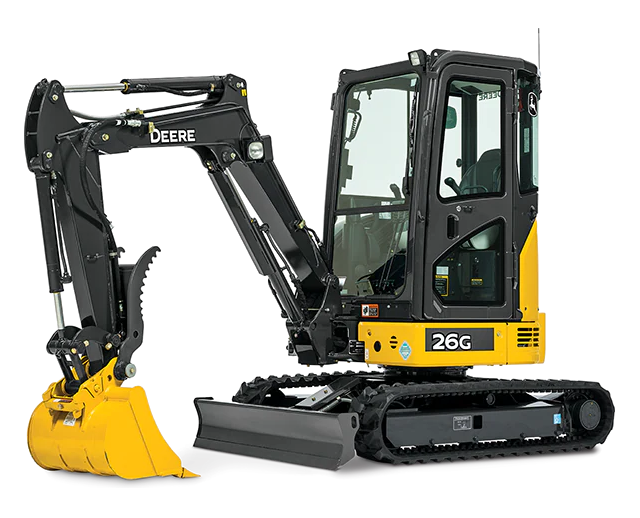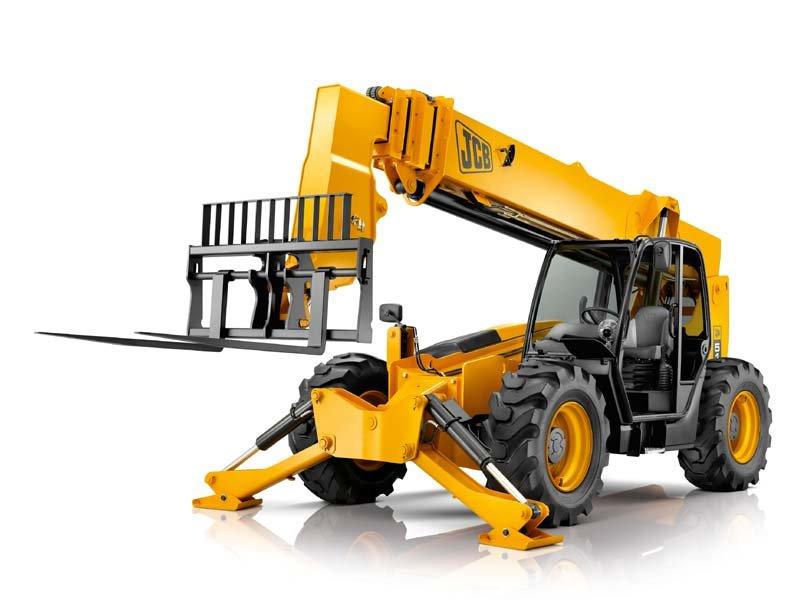Equipment Rental Company: Your Resource for All Kinds Of Machinery
Equipment Rental Company: Your Resource for All Kinds Of Machinery
Blog Article
Maximize Your Budget Plan by Recognizing the Expenses Connected With Building And Construction Tools Rentals
Understanding the full extent of prices linked with building and construction tools leasings is crucial for maximizing your budget plan. What techniques can be employed to efficiently manage these costs and make sure an extra effective rental experience?
Overview of Rental Prices
When taking into consideration building and construction devices rentals, understanding the connected costs is vital for efficient budgeting and task preparation. Rental costs can vary considerably based upon numerous factors, consisting of equipment type, period of leasing, and place. The initial rental fee commonly mirrors the equipment's market need and its connected functional abilities, influencing the general expense.
In addition to the base rental rate, secondary expenses may emerge, such as transportation charges, fuel additional charges, and maintenance costs. It is necessary to represent these added expenses to accurately examine the total price of leasing devices. The rental duration can affect prices; longer services might qualify for discounted prices, while temporary leasings could incur higher daily fees.

Failure of Rental Prices
A comprehensive understanding of rental prices is vital for specialists and project supervisors aiming to maximize their budgets. Rental rates for construction tools generally consist of a number of components, consisting of base rates, time-based charges, and use charges.
Base prices are the core costs related to the service of the tools, usually figured out by the type and dimension of the machinery. These rates can vary considerably, affected by variables such as equipment demand, availability, and local market patterns. Time-based charges, which may be daily, weekly, or monthly, serve to fit various job timelines and rental durations.
Furthermore, rental prices might include usage charges, which are relevant when equipment is used beyond a specified threshold, making certain that the rental business can make up wear and tear. Seasonal demand fluctuations can likewise impact rental rates, with peak building seasons commonly regulating greater prices.
In addition, recognizing the rental firm's plans pertaining to maintenance and insurance coverage can offer additional understanding right into the overall expense structure. By evaluating these elements, professionals can make enlightened decisions, making sure the choice of rental devices lines up with both job requirements and budget plan constraints.
Added Fees to Take Into Consideration
Comprehending the intricacies of added fees is important for contractors to manage their general leasing costs successfully. Past the typical rental prices, various additional fees can substantially influence the complete expense of devices leasing. These charges commonly consist of shipment and pickup fees, which can vary based on distance and logistics involved in transporting the equipment to and from the job website.
In addition, some rental firms might impose fuel surcharges if the equipment is returned with much less gas than when rented out. It is likewise vital to understand prospective cleaning fees, specifically for customized tools that needs extensive maintenance after use.

Completely evaluating the rental arrangement and clearing up these additional costs in advance can help contractors stay clear of unforeseen costs and make sure that spending plans remain undamaged throughout the job lifecycle.
Repair And Maintenance Costs
Regular upkeep and fixing costs are typically forgotten factors that can substantially influence the general cost of construction equipment services. When renting tools, it is essential to consider not just the rental fees yet also the prospective prices related to keeping the equipment in optimal operating condition.
Several rental companies consist of standard maintenance as part of the rental arrangement; however, much more considerable repair work or unforeseen failures can result in added expenditures. It's important to examine the rental agreement carefully to understand what maintenance services are covered and what obligations drop on the occupant.
In addition, equipment that is not well-maintained can result in ineffectiveness on the work website, possibly creating hold-ups and raising project costs. To reduce these dangers, it is recommended to carry out routine evaluations and preserve open communication with the rental supplier relating to any type of problems that develop during use.
Insurance Coverage and Obligation Costs
Insurance and liability prices are critical parts that can dramatically from this source influence the overall expense of building and construction tools leasings (aerial lift rental). These prices guarantee that both the rental company and the customer are secured from prospective financial losses emerging from mishaps, damage, or theft during the rental period

Additionally, customers should recognize any deductibles or exemptions in the insurance policy, as these can influence prospective out-of-pocket expenditures. Understanding the terms and problems of any type of insurance policy coverage is crucial to avoid unforeseen prices. Ultimately, budgeting for insurance coverage and responsibility expenses can assist ensure a smoother rental experience and safeguard versus economic risks connected with building and construction projects.
Final Thought
In remote control excavator metal final thought, a detailed understanding of the expenses connected with building devices leasings is necessary for efficient budget plan administration. Eventually, notified decision-making relating to devices rentals contributes to the total success of building and construction endeavors.
Rental costs can differ dramatically based on several variables, consisting of devices kind, period of leasing, and location (heavy equipment rental). The rental duration can affect rates; longer services may qualify for affordable rates, while temporary leasings could incur greater everyday charges
By performing complete research and engaging with reliable rental firms, professionals can effectively browse the complexities of rental prices, ultimately maximizing their economic sources.
Past the conventional rental prices, different auxiliary costs can considerably influence the total expense of equipment leasing. Rental firms commonly offer responsibility insurance that covers injuries to third events or damage to building, while equipment damages insurance can cover the expense of fixings or replacement if the leased tools is harmed.
Report this page